Do first time drug offenders do jail time in New Jersey?

The answer to your question is: maybe. It really depends on elements like the essence and seriousness of the offense, the defendant’s age and background, and other acute variables. With the help of a highly skilled legal representation from an experienced criminal defense attorney in New Jersey, some first-time drug offenders may be able to avoid jail time by participating in various state programs, such as pre-trial Intervention.
Does a first time offender avoid hard jail time?
If it is the defendant’s first drug offense and he or she has a clean criminal record or no priors, the defendant may be eligible to participate in certain diversionary programs depending on the specific details and or circumstances of the case. As an example, the defendant may qualify to participate in programs such as Pre-Trial Intervention (PTI), which is focused on felonies (called “indictable crimes” in New Jersey); Conditional Discharge (CD), which is focused on misdemeanors (called “disorderly persons offenses” in New Jersey); or Drug Court, which is a treatment based and an alternative to incarceration.
These types of treatment programs generally require drug offenders to comply with strict court rules for a predetermined period of time, similar to being on parole or probation. If the defendant completes the program fruitfully, outcomes can include dismissal of the drug charges and furthermore, the offender will not have to go to jail. While PTI and related programs are not suitable for all alleged drug offenders, they provide immeasurable benefits for those who qualify. Our New Jersey criminal defense attorneys will research your case from every angle to calculate whether you are a good fit for CD or other drug programs that can help you avoid incarceration.
FIRST TIME DRUG OFFENSE – Schedule 1-3
Controlled substances are divided into categories called “drug schedules.” For example, cocaine is one of many Schedule II drugs. The more addictive or dangerous the drug is considered to be, the lower its schedule number. In other words, Schedule I drugs are those with the highest potential for abuse, addiction, and harm. Schedule III drugs are considered less dangerous than Schedule I or Schedule II drugs, but more dangerous than Schedule IV or Schedule V drugs. Examples of Schedule III drugs currently include PCP, ketamine, GHB, and certain types of steroids.Under state law (N.J.S.A. § 2C:35-10), it is illegal to possess a controlled substance without a legitimate medical prescription from a licensed physician. The statute, which makes possession of Schedule III drugs a third degree crime (third degree felony), does not differentiate between first and repeat offenses. In accordance with N.J.S.A. § 2C:35-10(a)(1), penalties for a first-time Schedule III drug possession offense can include criminal fines of up to $35,000, along with a prison sentence of up to 5 years. Schedule II drugs include, but are not limited to, adder-all, cocaine, fentanyl, methadone, methamphetamine, and Vicodin. Schedule I drugs include marijuana (weed, pot, cannabis), LSD (acid), MD-MA (E, ecstasy), heroin, and peyote. Possession of Schedule II drugs or Schedule I drugs is a third degree crime in New Jersey, subject to fines of up to $35,000 and sentencing of up to five years in prison. The penalties can be far greater for distributing Schedule II drugs, particularly in cases involving large quantities. Another example, even though cocaine is technically a Schedule II drug, it is treated identically to heroin, a Schedule I drug, when it comes to crimes involving the alleged distribution of over five ounces, which is punishable by fines up to $500,000 and up to 20 years in prison. If the quantity of cocaine (or heroin) is less than five ounces but more than half an ounce, the offense is a second degree crime, in which case the maximum fine and sentence is $150,000 and 10 years in prison. If the quantity involved is less than half an ounce, it is a third degree crime, subject to a maximum fine of $75,000 and a maximum sentence of five years in prison.
Monmouth County drug crimes, substance abuse, and Divorce attorneys Douglas I. Krompier and Wesley A. Krompier help family members who have run-ins with the police. Call us at (732)431-9188.
